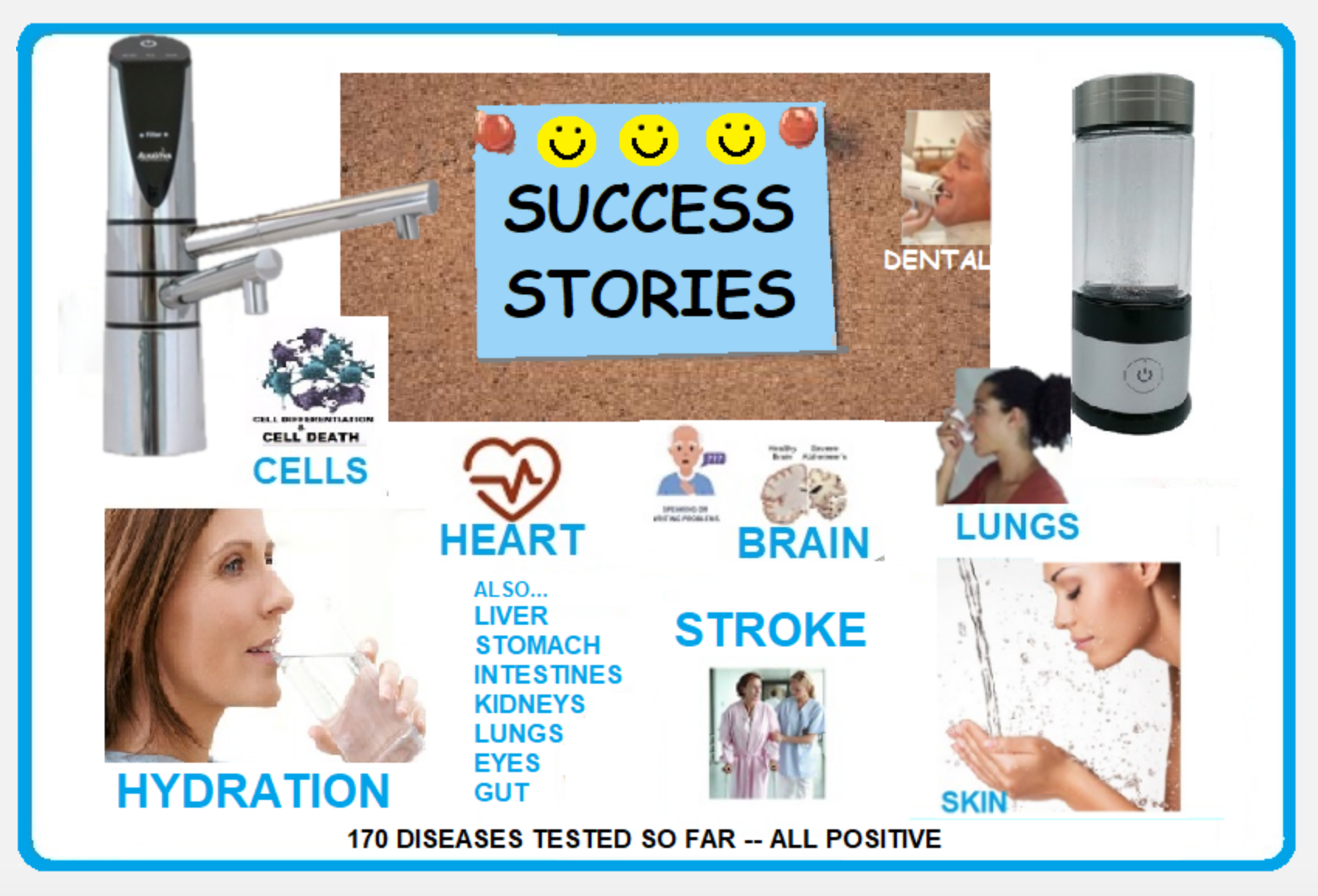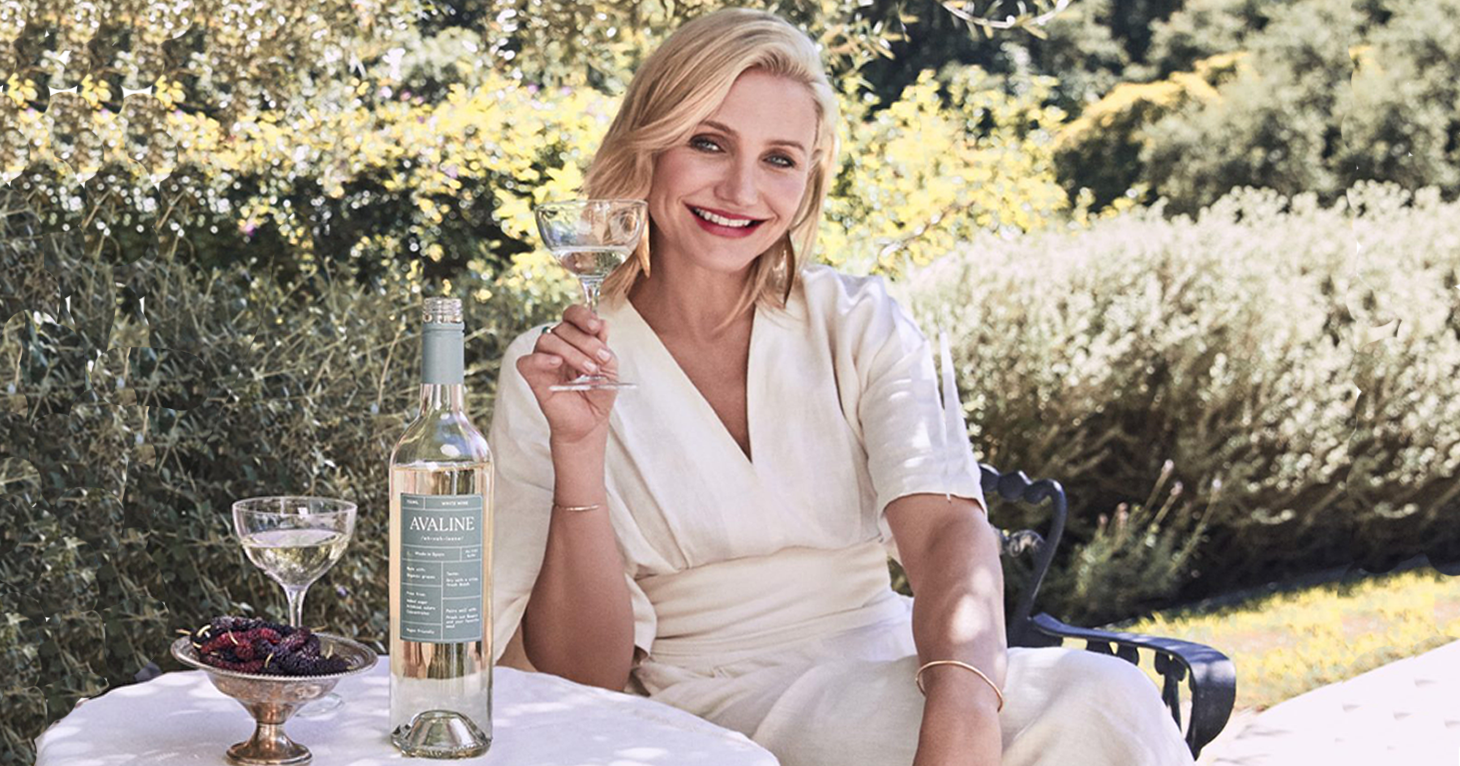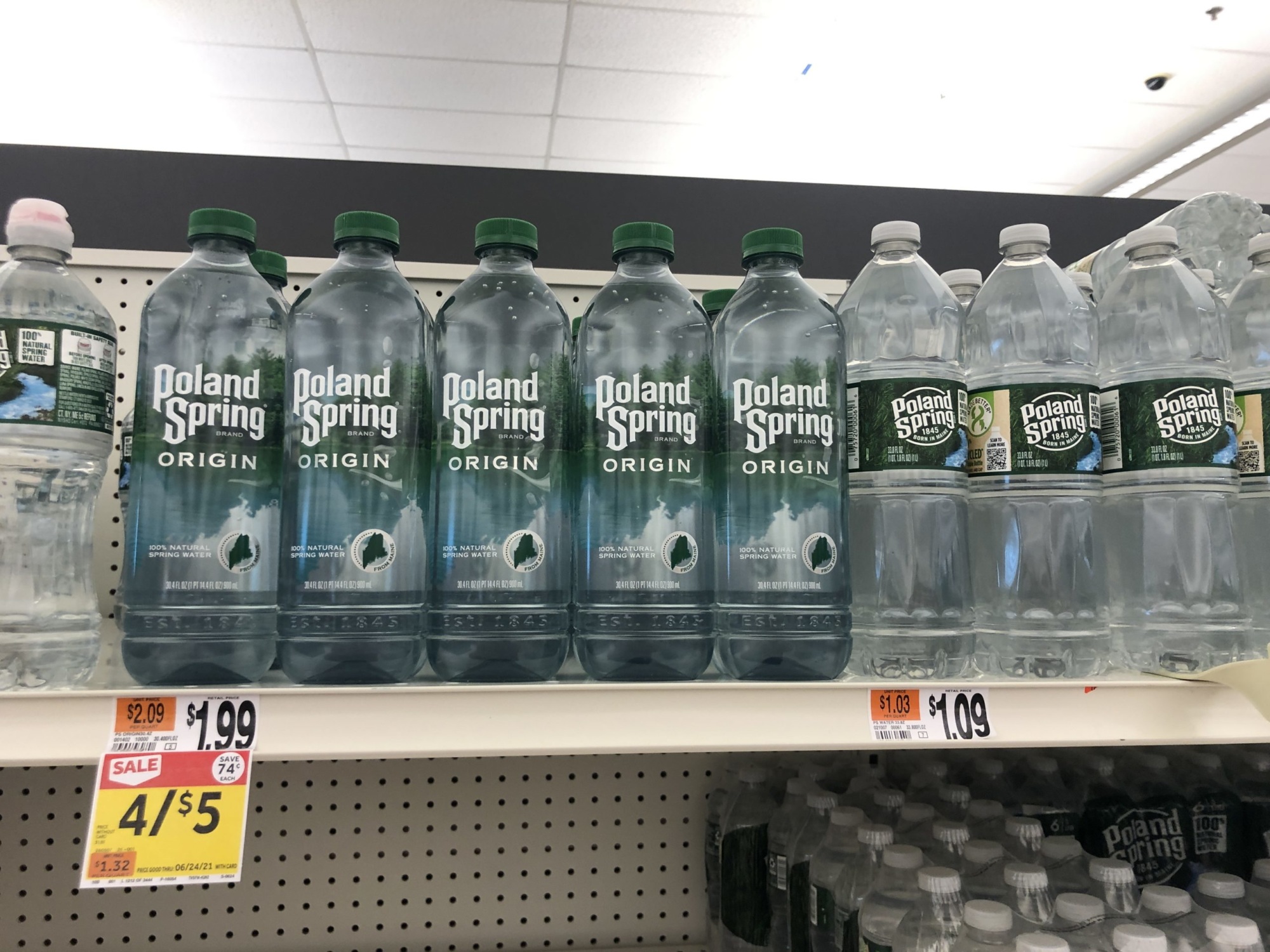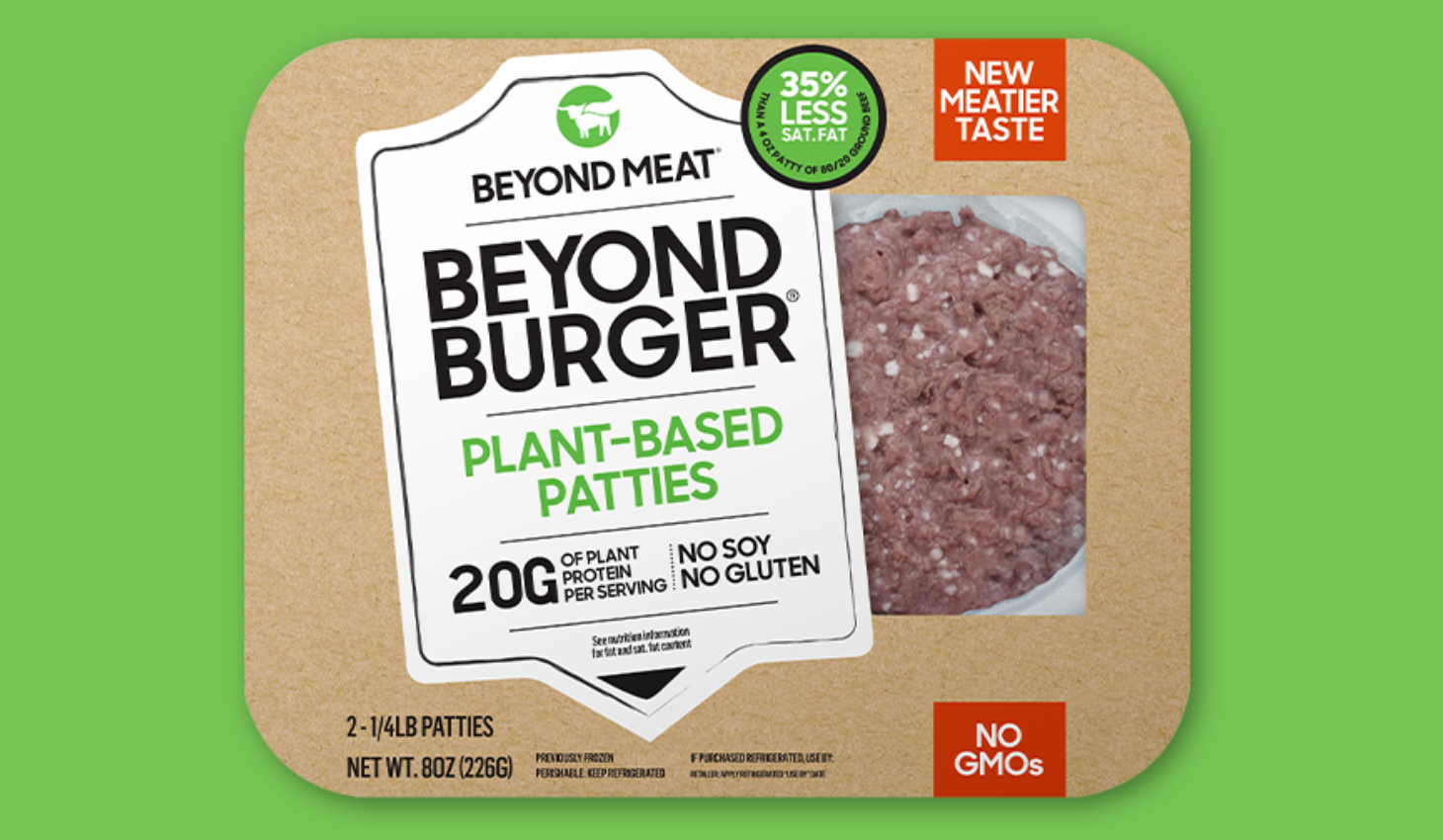
Alkaline Water Plus
Are there really any benefits to drinking alkaline water?
“There are 73 ingredients that are allowed to be put into the winemaking process,” said Diaz, who was on the show to promote her new, “clean” wine brand, Avaline, which launched this summer.
However, just because winemakers are allowed to use dozens of ingredients doesn’t mean they always – or even often – do. And according to a wine columnist for the Washington Post, “hundreds if not thousands” of wines meet Avaline’s definition of “clean” wine. Which is simply wine made with organic grapes – “Organic is just clean by nature,” Diaz told Fallon – and without added colors, concentrates or “unnecessary” sugars and sulfites.
In other words, while Avaline says on its website that its mission is to create “a new standard in wine by making clean wine accessible to everyone,” consumers already have their pick of a number of clean wines as defined by the company.
A legally meaningless marketing term
This definition is made possible by the fact that there is no legal standard for what makes a wine clean. Diaz and her business partner, fashion entrepreneur Katherine Power, are free to establish their own criteria, which may not align with how the average consumer interprets a clean wine. Note how Avaline says its wine, which comes in a rosé and a white, is made without “unnecessary” sugars and sulfites. Who do you think decides what’s unnecessary and what’s necessary? Hint: It’s not consumers.
Meanwhile, winemakers are not required to list ingredients on their labels so consumers must take additional steps to determine what goes into a wine and even then, it may be difficult if not impossible to ascertain all the ingredients. Among the ingredients “present” in the white wine, according to an FAQ page linked at the bottom of the Avaline website, but not listed on the back label, are bentonite clay and yeast.
Avaline cannot be marketed as organic wine
The FAQ section of the site also explains why it says “Made with: Organic grapes” on the front label of both the white and rosé and not “Organic Wine,” despite Diaz’s comment to Fallon equating clean wine with organic wine. It has to do with the wine containing sulfites, a commonly used preservative.
While wine naturally produces some sulfites, they can’t be added to Organic Wine. It’s important to us that every glass of Avaline is delicious and thus we add sulfites to stabilize the wine.
(See our related ad alert on Ullo, a device that claimed to prevent hangovers by removing sulfites in wine, here.)
Avaline is part of a trend of wines marketed as healthy. The bottom line? If you want to avoid a hangover or “feel better,” as Diaz puts it, maybe the answer isn’t to drink more wine but less.
TINA.org reached out to Avaline for comment. Check back for updates.
Find more of our coverage on wine here.
Are there really any benefits to drinking alkaline water?
Poland Spring charges consumers a premium for its ORIGIN water. What are they getting in return?
TINA.org investigates ingredients in company’s flagship product, the Beyond Burger.


